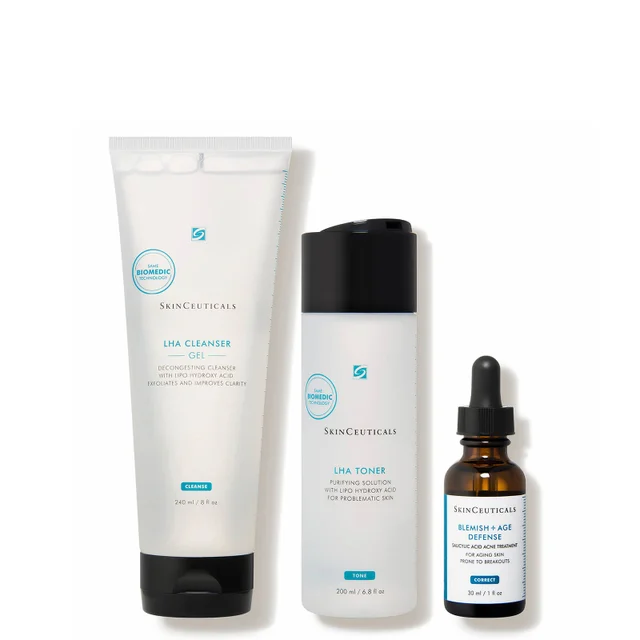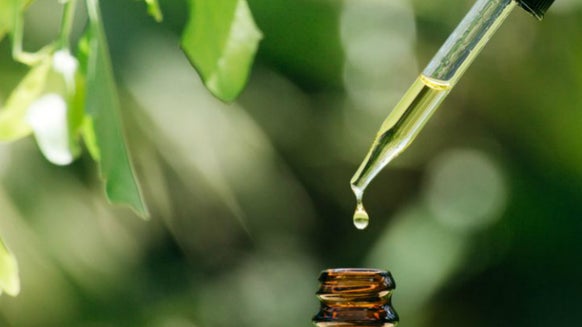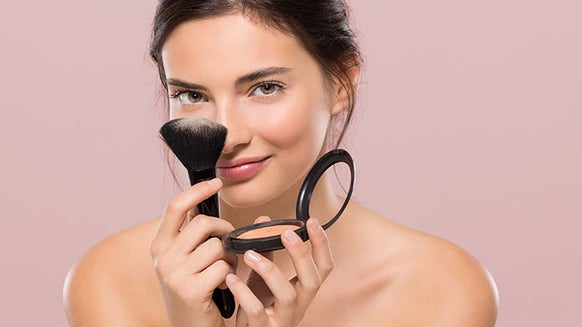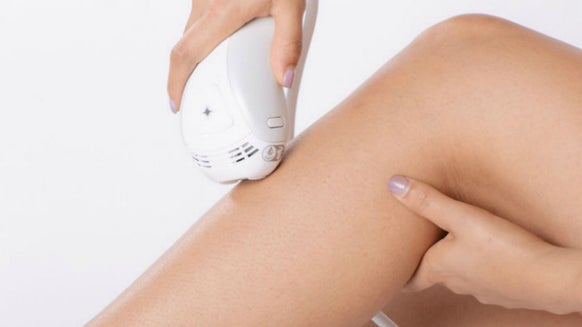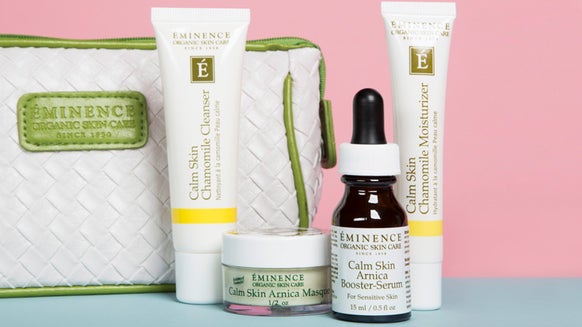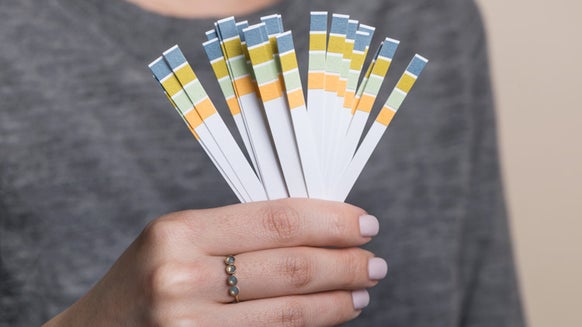You may have thought that your 20s would finally free you from the horrors of teenage acne—only to discover first-hand that breakouts don’t just magically disappear the moment you hit adulthood. Unlike cringe-y fashion choices and boybands, acne just isn’t one of those things that you easily outgrow, and dealing with it when you’re already way past puberty can be a frustrating and head-scratching experience.As an adult, you may already be taking better care of your skin than when you were a teen, so why are you still breaking out? Turns out, there’s still a lot to know about what really causes adult acne, and managing them now that you’re well into adulthood can be trickier—especially since you also have dry skin and wrinkles to worry about. To get the lowdown on adult acne, we sat down with celebrity skin care specialist and founder of her eponymous skin care line,Kate Somerville.
1. Teen and adult acne are similar—in a way.
Teen acne is caused by the surge of the hormone androgen during puberty, which in turn causes the sebaceous glands to produce excess oil that leads to clogged pores. This surge of hormones should “In many adults, hormone levels begin to balance as we get older, causing acne to subside. But for others, they continue to change, meaning excess production of sebum, which can cause breakouts,” explains Somerville.In adults, hormonal acne is the most common type of acne, and they commonly appear as larger, more inflammatory cystic breakouts on the chin, jawline and around the mouth, whereas teens usually experience breakouts in the T-zone.2. There are several reasons your hormones are going haywire.
Between career goals and personal responsibilities, adult life can sometimes be one stressful day after another. Stress causes the adrenal gland to go on overdrive and produce more oil, setting your skin up for a breakout. Aside from stress, adult acne can be caused by a number of other factors, says Somerville. “The most common being menopause, birth control, family history and even specific food intolerances.” In other words, anything that causes hormonal imbalance may result in breakouts. Somerville adds that adult acne is “more common in women than men because our bodies are more susceptible to continuous hormonal changes as we age.”3. You can experience breakouts as an adult even if you never had teen acne.
Most people assume that having acne as a teen makes you more prone to adult acne, but Somerville says not necessarily. “Plenty of people grow out of the breakouts they had as teenagers, while others don’t even start getting acne until they hit their mid-twenties or even thirties!”Hormones going wild, leading to an oversupply of sebum, is the main culprit for teen acne, but as we get older, slower cell turnover and the skin’s tendency to get drier as we age can drive your skin to flare up. Not to mention, increased exposure to pollution and certain skin care ingredients also often lead to irritations.4. The products you used as a teen may not be enough to treat adult acne.
A common mistake that most women make to manage adult acne is to repeat the same treatment they swore by as teens. This may work for some, but more often, adult or mature skin is more sensitive to strong ingredients and are more susceptible to drying out. Your best bet are gentler, natural-based acne treatments that won’t cause irritation and further damage to your skin.“Benzoyl peroxide, which works well in younger users, might be too harsh and over-drying for some adults. Sulfur is a great, gentle alternative but still really potent for treating acne," explains Somerville.Somerville also advises against lathering your face with multiple acne treatments and active ingredients at once as this can be too harsh on your skin. “Use acne treatments only in areas where you are prone to breakouts and richer formulas in other places to combat any dryness you may have,” she adds. “Use products that hydrate without oils," she notes. 5. The right skin care regimen will help you address adult acne and skin aging.
Adult skin deals with a host of other issues—not just acne—so it’s important to choose products that complement each other and start a skin care regimen that targets specific skin problems without aggravating other concerns.According to Somerville, clear and healthy skin is best achieved with these three key steps: exfoliate, hydrate and moisturize. “Exfoliate with a product that contains fruit enzymes and gentle, physical exfoliators. Peels containing lactic acid are great as well. Next, hydrate with a serum that contains hyaluronic acid, which locks water into cells, and finish with a peptide-packed moisturizer," she adds. Janeca Racho is a Journalism graduate with over 15 years of writing experience. After getting her start in public relations and advertising, she made the switch to freelance writing and began working for various lifestyle, fashion, and travel brands. Her love for all things skincare has led her to beauty reporting and research for the last ten years. Writing for several hair and beauty blogs, she reports on anti-aging staples, trending brands and products, must-have ingredients, and health and wellness.

